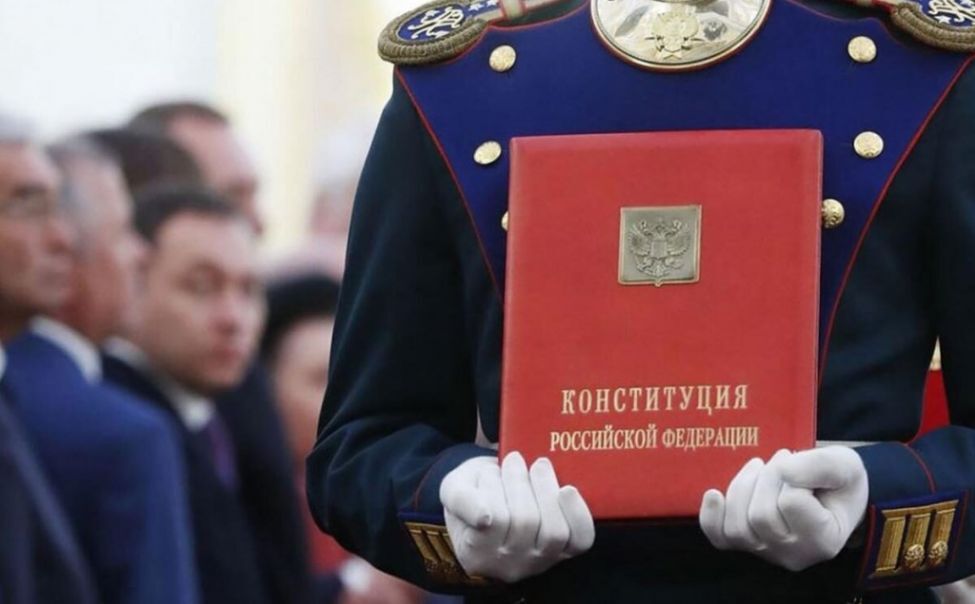
PEJOURNAL – Russia’s constitutional reform referendum will undoubtedly have a significant impact on the country’s future, but if we look at this referendum in its context of international reform, we will face two important principles that seem to play a significant role in explaining Russia’s foreign policy approach in the future.
First, the amendment to Article 79 of the Russian Constitution emphasizes that if an international law is enacted that is contrary to the Russian Constitution, foreigners will not be allowed to rule against Russia, and the criterion will be the Russian Constitution.
After the lapse of more than two decades since involvement in the Syrian crisis, Russia has increased its role in the international arena and international organizations, and has sought to play a leading role in many regional crises, such as Syria, Yemen, and Afghanistan. Russia’s foreign policy trend is likely to continue with the latest multifaceted foreign policy document with the consideration that Moscow will remain independent of the laws that could be the result of political space created by the United States, and take steps in compliance with the articles of the Russian Constitution.
Given the amendment of Article 81 of the Constitution and the welcome accorded by the people in all polls, Vladimir Putin will undoubtedly be re-elected President of Russia in the 2024 election, and the Kremlin will try to establish the position it had been seeking in international relations since 2015. To this end, Moscow is expected to further expand its relations with Europe, particularly Germany, France and Italy more seriously. This has been evident in recent years, with Merkel’s and Macron’s close talks with Putin, led by the implementation of the Nord Stream 2 Pipeline.
Russia is aware of the role of European powers in balancing the threat of global crises and is trying to tie them to Moscow in various areas, especially energy, through a tactical convergence approach. Thus Russia would not only win the vote of the European Union, but would disarm of the weapon of sanctions against Moscow.
But at the same time, the Kremlin’s multifaceted foreign policy requires Moscow to seek to mend relations with Washington based on its principles. Donald Trump’s stay in power seems to be Moscow’s best option, so if he wins the US presidential election again, talks between senior officials in the two countries over the past few years are expected to enter a more serious phase.
Over the past decade, the Ukraine crisis has been one of the most important threats outside of Russia and its coincidence with Syrian crisis dealt a major shock to the Kremlin since the Syrian crisis. This made Russia to clearly realize the scenario of change in its strategic domain and gradually get rid of a passive foreign policy that had dominated the country following the collapse of the Soviet Union.
Tartus and Crimea, two geostrategic bases for Russia, were both on the verge of collapse. Therefore, Moscow immediately annexed the Crimean after holding a referendum. Meantime, by extending its contract with Syria’s Assad, established its presence in Tartus;
But there appear to be fears that a consensus may be reached against Moscow in the face of international crises. Therefore, in amending Article 67 of the Russian Constitution, which deals with the subject of territory, the term annexed territories” has been added to the article. This was a message to the West that Russia is not willing to give even a single inch of the annexed territories.
The outcome of the amendments to Articles 67 and 79 of the Russian Constitution reflects President Vladimir Putin’s pragmatic and, of course, multifaceted Russian foreign policy approach. Russia is moving in line with improving ties with the West by sticking to its red lines in order to strengthen its upstream status in the regional crises and global order.